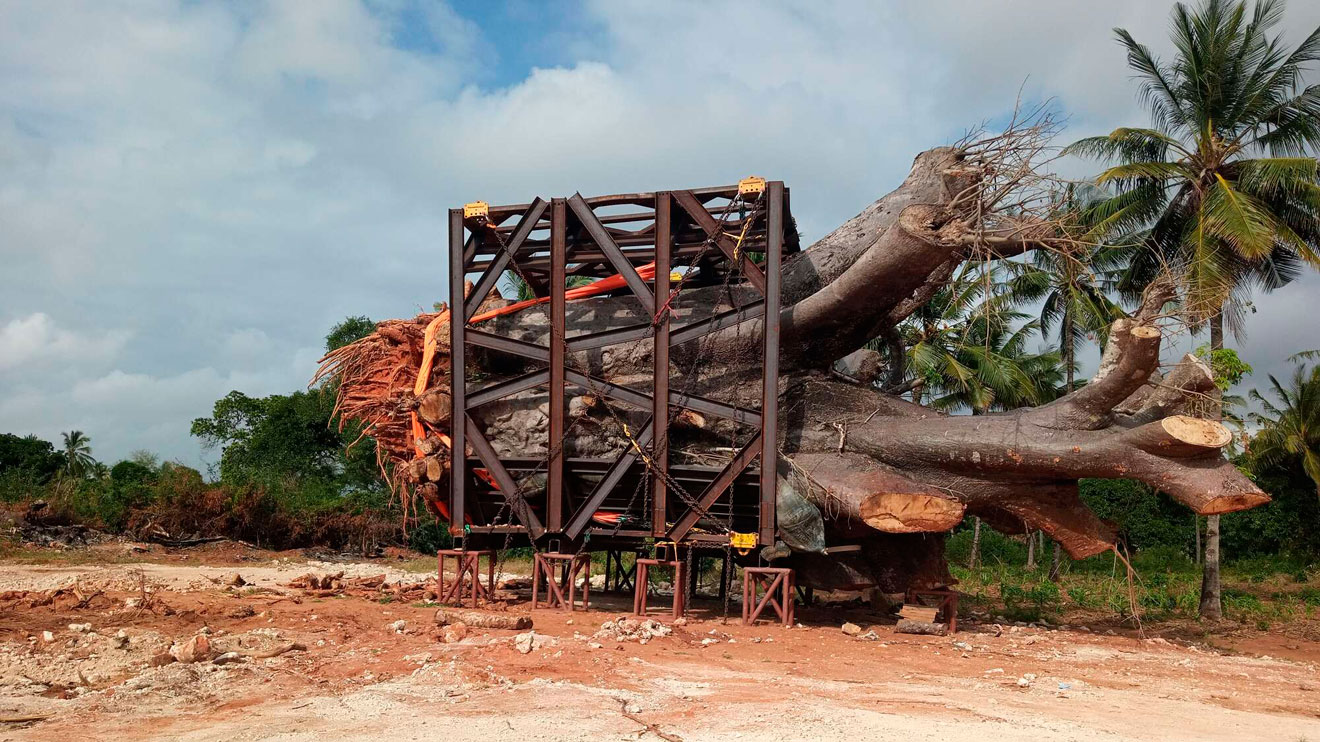Ruto gives guidelines on uprooting of baobab trees in Kilifi for export
President William Ruto on Monday directed the Ministry of Environment and Forestry to look into the ongoing uprooting of baobab trees in Kilifi County.
The president said the exercise should be done in compliance with the Convention on Biodiversity and the Nagoya Protocol.
“There must be adequate authorization and an equitable benefit sharing formula for Kenyans. Further, the exercise must be in line with the Government’s agenda of planting 15 billion trees in the next 10 years,” President Ruto said.
Also read: How Kenyans are eagerly waiting for the Hustlers Fund
The Nagoya Protocol on Access to Genetic Resources and the Fair and Equitable Sharing of Benefits Arising from their Utilization (the Protocol) is a global agreement that implements the access and benefit-sharing obligations of the Convention on Biological Diversity (CBD).

Last week, the government approved the uprooting of baobab trees in Kilifi for export to Georgia, after Kenya Plant Health Inspectorate Service (Kephis), environment watchdog Nema and the Kilifi County government gave the greenlight to Ariba SeaWeed International to fell the trees in Mtondia and Tezo for botanical purposes for two years.
However, upon learning that the trees are being uprooted for export, Nema moved to court to challenge the exercise.
Also read: Plant more trees, make Kenya a green country, Rachel Ruto tells Kenyans
Eight huge baobab trees have already been uprooted and will be shipped to Shekvetili Dendrological Park Ltd in Ureki, Ozurgeti Municipality.
The Kenya Forest Service (KFS) issued the approval on November 1, saying that it allowed the uprooting of the baobabs because the International Union for Conservation of Nature (IUCN) lists them as an endangered species.

KFS added that baobab is not a protected tree species in the country, and that not on any appendices of the Convention on International Trade in Endangered Species of Wild Fauna and Flora (CITES), a multilateral treaty to protect endangered plants and animals from the threats of international trade.
Nagoya Protocol was adopted by the CBD in Nagoya, Japan in October 2010, and it’s the benefits is a priority for biodiversity-rich countries, and the international community.
Also read: Five-storey building collapses in Ruiru



